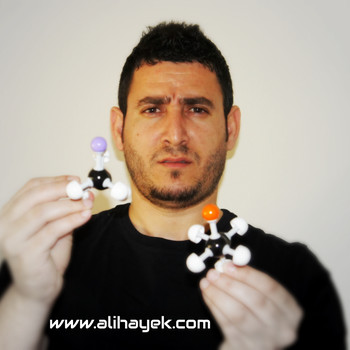How do functional groups affect organic molecules?
1 Answer
Functional groups determine the identity of organic molecules
Explanation:
Functional groups are very important in organic chemistry since they determine the identity of these molecules and therefore, depict the chemical and physical properties of them.
For example, hydroxy groups
In a similar way,
For esters, the functional group is
And so on.
with different functional groups, alcohols, carboxylic acids, and esters have different chemical and physical properties and therefore, different identity.
Let us take a specific example; Propane
There are many other functional groups such as:
Sulfides:
Thiols:
Ethers:
Anhydrides:
Ketones:
Aldehydes:
Amides:
Amines:
Nitriles:
Alkyl halides:
Alkenes:
Alkynes:
etc.

